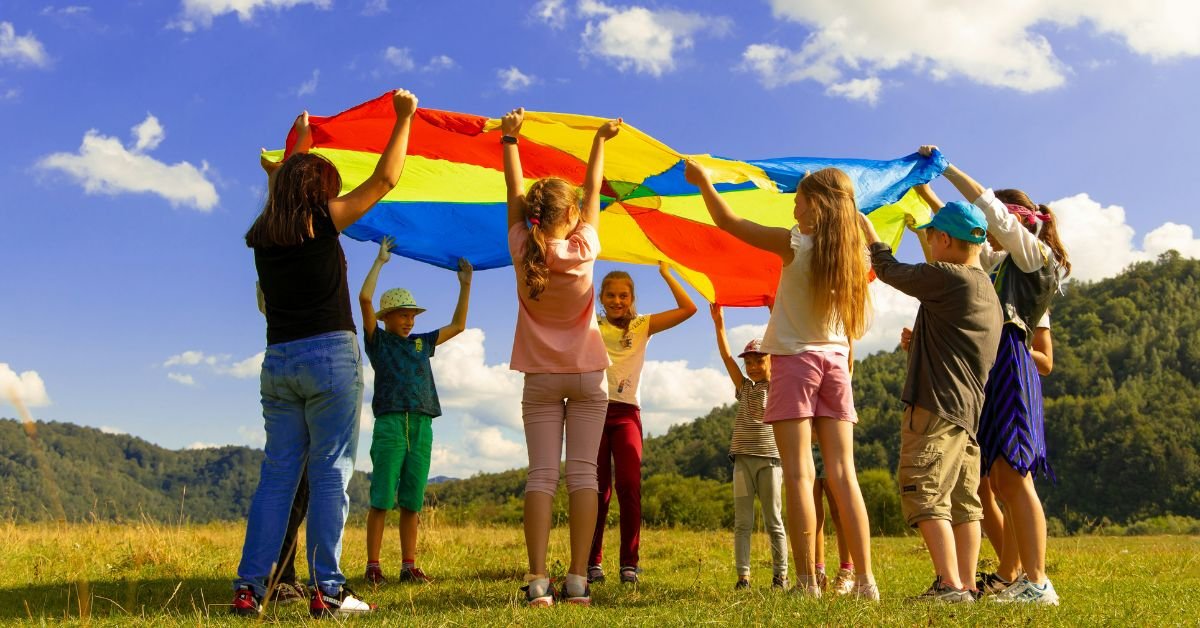Primary is a pivotal time in a child’s development, marked by newfound independence and burgeoning social skills. It’s also a time when the importance of physical activity becomes increasingly apparent. In school, sports activities play a crucial role in nurturing both the physical and emotional well-being of children. Let’s delve into the world of Primary school sports and explore their significance in shaping young minds and bodies.
The Importance of Physical Activity:
Physical activity is not just about building strong bodies; it’s about fostering holistic development. Primary students are at a stage where they’re refining their motor skills, and engaging in sports helps them hone these skills further. Whether it’s running, jumping, throwing, or catching, each activity contributes to their physical competence.
Teamwork and Social Skills:
Sports activities in school provide an invaluable platform for children to learn the importance of teamwork and collaboration. Primary students participate in group activities that require coordination and communication, teaching them how to work together towards a common goal. These experiences lay the foundation for strong interpersonal skills, empathy, and respect for others.
Building Confidence and Resilience:
For many Primary students, participating in sports may be their first taste of competition. Whether it’s a friendly game of soccer or a relay race, sports teach children how to handle both success and failure. Winning boosts their confidence, while losses offer valuable lessons in resilience and sportsmanship. These experiences instill in them the belief that with practice and determination, they can overcome challenges.
Promoting Health and Well-being:
In an age where sedentary activities like screen time vie for children’s attention, school sports provide a refreshing break. Regular physical activity not only improves cardiovascular health but also enhances mood and reduces stress. Primary students who engage in sports are more likely to adopt healthy lifestyle habits that they carry into adulthood.
Inclusivity and Diversity:
One of the beautiful aspects of school sports is its ability to bring children from diverse backgrounds together. Regardless of skill level, sports activities offer opportunities for every child to participate and contribute. Inclusive sports programs ensure that every Primary student feels valued and included, fostering a sense of belonging within the school community.
Parental Involvement and Support:
Primary sports activities often involve parental participation, whether it’s cheering from the sidelines or volunteering as coaches. This involvement not only strengthens the bond between parents and their children but also reinforces the importance of physical activity within families. Parents play a crucial role in encouraging their children to participate, providing them with the support and encouragement they need to thrive.
Primary school sports activities are more than just games; they’re opportunities for children to learn, grow, and thrive. From developing physical skills to nurturing social-emotional well-being, sports play a vital role in shaping young minds and bodies. By promoting teamwork, resilience, and inclusivity, school sports set the stage for a lifetime of health and happiness. As educators, parents, and communities, let’s continue to champion the importance of sports in our children’s lives.





